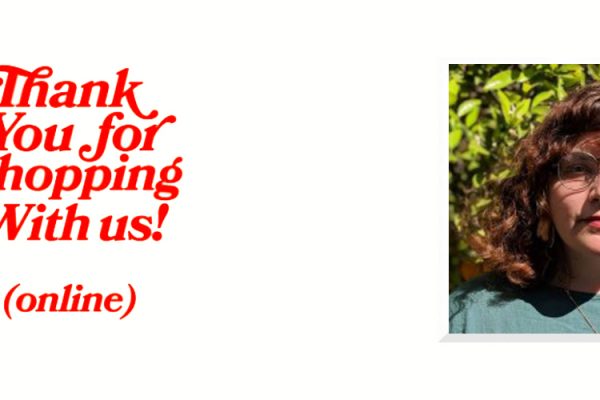One of the biggest reasons models get into the cam industry is the control — control over your body, your finances, your content, your life. It’s a great feeling, and the pay can be pretty awesome, too.
But what if somebody takes that control away from you? It’s hard to imagine a person whose only motivation for interacting with people online is to be dangerous or scammy, but it can absolutely happen. These situations are gross and unfortunate, but they are also often completely avoidable with a little bit of know-how.
In this two-part series, we’re going to look at different scams, both client-initiated as well as those initiated by industry members and peers. Let’s start with client-initiated:
1. The “Job Interview” Scam
If you’re good at what you do, who’s to say an agency wouldn’t contact you for a possible job? Maybe you get a professional-looking email from a company or you get a message directly from your cam site.
They seem interested and guarantee a lot of pay. All they need is a quick video “interview” of you showing what you can do and maybe a series of nude pics. It’s a little weird but ultimately makes sense, right?
There’s one big red flag that can help you differentiate between a legitimate agency and a client trying to scam you for free content: money.
If the agency isn’t willing to pay you for a video interview in which you “show off” your talents, they are more than likely not an agency at all, or at the very least not a very good one.
Don’t be afraid to ask for credentials if you receive a message on your cam site requesting an interview. Ask for the website’s address and for them to send a formal email from the website in question to you. It’ll filter out a lot of the scumbags.
2. The PayPal Guy
You could see this one as clients just being dumb or as genuinely trying to scam you.
Every once in a while you may encounter a client who wants a little bit extra love and offers to pay you through PayPal so you can quickly access funds. This is probably a scam.
It is strictly against PayPal’s policy to accept money for adult services. The result of doing this kind of transaction through PayPal could result in your account being terminated and your funds being returned to the sender — more than likely after you’ve already given them the goods.
Never use PayPal for cam model payments or anything sex work-related.
3. The “It’s On The Way!” Guy
Having an Amazon wishlist up for clients to send you gifts in return for content is super nice. Need a new vacuum? Some props for your set? Some lingerie or skincare products? A client can quickly and easily buy you what you need, and it ends up at your door in a few days.
If a client adds a product from your wishlist to their Amazon cart but does not finish ordering it, it is removed from your wishlist and has the appearance of being purchased for you. Don’t fall for it. Tell the client you will give them the goods after the item arrives. They may be less than happy about it, but you need to be paid first.
Also be sure to avoid Amazon gift card scams. If a client sends you an email with a digital Amazon gift card, double-check the email address it came from before clicking anything within the email. It could be a phishing scam or a fake card.
—
Em Casalena is a queer sex positive writer and professional protective mom friend. Email them at em@ynotcam.com.
Image via Charlie Balch.











[…] our previous post on client-inititated scams that tend to litter the world of camming, we dove into trickery and fraudulent behavior related to […]